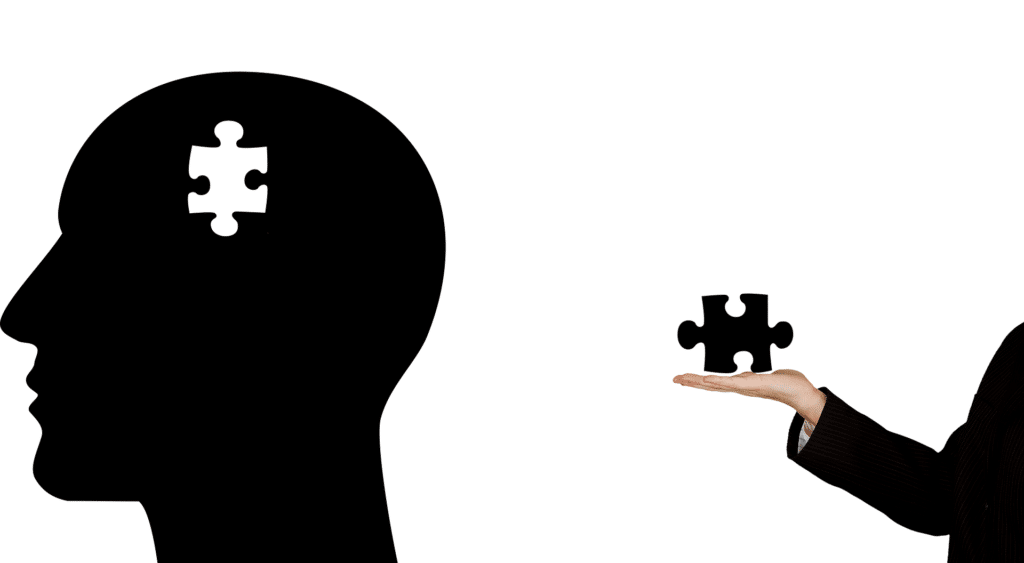What you should know about losing weight after bulimia
Let’s find out what it’s like losing weight after bulimia. Bulimia is characterized by massive consumption of food over a very short period of time.
For a person with bulimia, regardless of quality, only the amount of food consumed is important. A desire for a specific food, hunger or enjoyment of eating are not present. Bulimics are suffering from a food crisis entirely and feel only a strong sense of loss of control.

- Get professional help if you need it. Go to your physician or discuss your problem with a specialist in eating disorders.
- Get help from those around you. Don’t hesitate, do yourself a favor. Ask for help, seek support. At the same time, protect yourself from stressful people and avoid family pressure.
- Improve your lifestyle. Listen to your body. Sleep more, move more and eat lighter. Do not use painkillers and avoid alcohol. Walk! Walk! Twenty to thirty minutes of walking daily are ten kilos less per year.
- Change negative thoughts. Avoid putting unnecessary pressure on yourself. Master your own judgments and look at what you have already accomplished. Examine your negative thoughts with kindness. Reflect on the progress you have made and enjoy the fruits of it. In short, be impeccable, but not perfect. Do your best but remember: no man can defeat Superman!
- Take care of yourself. Relax, you have the right to do so. Get a massage, choose a hobby. Try to clear some time in your schedule.
- Finally, determine your priorities. They are detailed in two ways: urgency and importance. Plan the important, not urgent things (taxes, holidays, time with your spouse). Do what is important and urgent, but keep in mind that there are not so many things that really fall into this category. Not urgent and unimportant – simply eliminate it. The urgent but unimportant task – try to postpone it.
What is the purpose of bulimics?
Maintain a low weight, or lose weight. These eating behaviors are therefore generally accompanied by self-induced vomiting, taking laxatives, diuretics, intensive physical activity…
Losing weight after bulimia needs to be kept under control: nutritional and psychological care
The care of a person with bulimia nervosa must be carried out on 2 levels:
The Nutritional Plan: to help a person with bulimia you need to control their diet. Bulimics tend to skip meals for fear of being overly tempted and overweight. Without a nutritional structure, they only respond to crises when their bodies can no longer resist and demand food.
It is therefore essential to help them rediscover the notion of culinary pleasure, from a gustatory but also a human point of view and to learn to see the table as a friendly place, a place of exchange and mutual pleasure.
The Psychological level: Bulimic attacks are “food responses” to situations of stress, anxiety, anguish, boredom, loneliness… It is often a latent depression that unconsciously pushes bulimics to act. This is the cause of a vicious circle because after food crises comes to guilt, which reinforces depression. Only psychological work will be able to break this vicious circle. So that people with bulimia nervosa are no longer in a position to suffer from food, it is important that they regain control over their meals and eating behavior, and finally themselves. To do this, there are different methods to try.
Behavioral and cognitive therapies
Behavioral therapy focuses on the symptom: the psychotherapist will help the person understand where his or her bulimic attacks come from. It will therefore make the bulimic think about his seizures: where, when, why they trigger? And also to put in place preventive strategies to deal with these crises.
The therapist can also help bulimics relax, gain self-esteem and “socialize”, as it is about people who tend to isolate themselves and eliminate their boredom with food.

Talking to make you feel better
Bulimics are individuals in great pain, who are often afraid to go to a doctor or therapist for fear of being misunderstood and judged. Focus groups can therefore be very useful, especially for people who have never dared to speak about their illness openly.
In these groups, anyone can talk to individuals who are experiencing the same experience, the same suffering, and who also understand this. They are usually run by therapists or ex-bulimics. But groups are not just for sharing your pain. Bulimics also share their anti-crisis tips, feelings, and experiences about treatment options and more.
Psychotropic drugs
To treat addiction to food like bulimia nervosa disorder, psychotropic medicines can sometimes be prescribed.
These antidepressants help the patient overcome excess food consumption by providing the same feelings of well-being that a bulimic feels right after a seizure. Sometimes these antidepressants are necessary after abruptly quitting overeating, which accentuates patient’s depressive disorders.
As they have relatively little impact on the scale and frequency of crises, they must be used as a complement to psychological and nutritional follow-up.
Do people actually lose weight from bulimia?
Having a bad self-image, a bad body image is the main reason that pushes some people into this catastrophic decision. So yes, vomiting right after craving, exercising intensely beyond the limit or stopping eating for a specific period of time can limit weight gain. But this represents health risks.
Anorexia is not uncommon in these cases. In any case, these are not sustainable weight loss solutions. At some point, you will need to get treatment and return to a normal, healthy and balanced diet.
Moreover, by being abused in this way, the body will adopt a self-defense mechanism that consists of storing more to prevent possible shortages. In this case, bulimia nervosa even makes you gain weight.
Many patients consult because they believe, rightly or wrongly, that they have a certain number of kilos to lose.
Sometimes the demand is simply to stop thinking about sweet or fatty foods and have the strength to monitor your diet: a capacity that existed and has been lost through pregnancy or life’s worries.
From bulimia to a strong appetite, from a strong appetite to an obsession with weight (rightly or wrongly), one must cope with the inability to maintain reasonable dietary guidelines.
In the event of simple overweight, therapeutic suggestions include:
Eating behavior: attraction to natural foods, not giving in to the feeling of hunger
Mental activity: strengthening determination, self-confidence, fighting stress and anxiety.
The digestive system: visualization exercises of the esophagus and stomach are used to amplify the sensation of gastric fullness, to be quickly satisfied.
These suggestions are particularly interesting because they show the possibility of obtaining physical reactions through words on the organs involved. For example, in this case, the stomach feels and suggests spasms that interfere with food absorption.
Hypnosis thus enables good monitoring of weight loss candidates who are 20 to 30 kg overweight and for whom stabilization is at least as important as weight loss.
Treating bulimia nervosa with hypnosis
Patients can no longer tolerate these self-destructive acts, these compulsions for overeating or alcohol, which have become a must-have ritual.
They find out how much time and energy they have wasted during the ritual (force-feeding-vomiting), which is supposed to calm them down, but in fact, it was humiliating and harmful.
Repeated vomiting also leads to various physiological disorders such as gastritis, vitamin deficiencies and repeated fatigue that alert the patient.
Related: How to lose weight with hypnosis

Therapeutic suggestions:
- Listening to positive, emotionally laden words that inhibit reflex seizures.
- Mental imagery and visualization: visualizations about healthy normal foods like fruits and vegetables.
- Genesis research: influence of parental healthy-eating attitudes and nutritional knowledge.
- Replacing high-calorie unhealthy products with fruits and vegetables.
- Keeping a record of eating and emotions in combination with the elements of psychodynamic therapy.
- Slowing down when eating to achieve satiety.
The exercises depend on the patients, their relationships and rituals. Each difficulty is an interesting problem to solve. Every step forward, however modest, is proof that change is possible.
Hypnosis sessions are more frequent in the first weeks, followed by a pause according to the results. Number: 5 to 10 sessions + interviews as needed.
Final thoughts: Losing weight after bulimia: stuff you need to know
Self-motivation is crucial in the treatment of bulimia. The most appropriate is the treatment that not only eliminates symptoms such as vomiting, starvation, taking laxatives but also identifies where the causes of the disorder occur and establishes satisfactory mental and social functioning. So losing weight after bulimia recovery will be much more successful.
